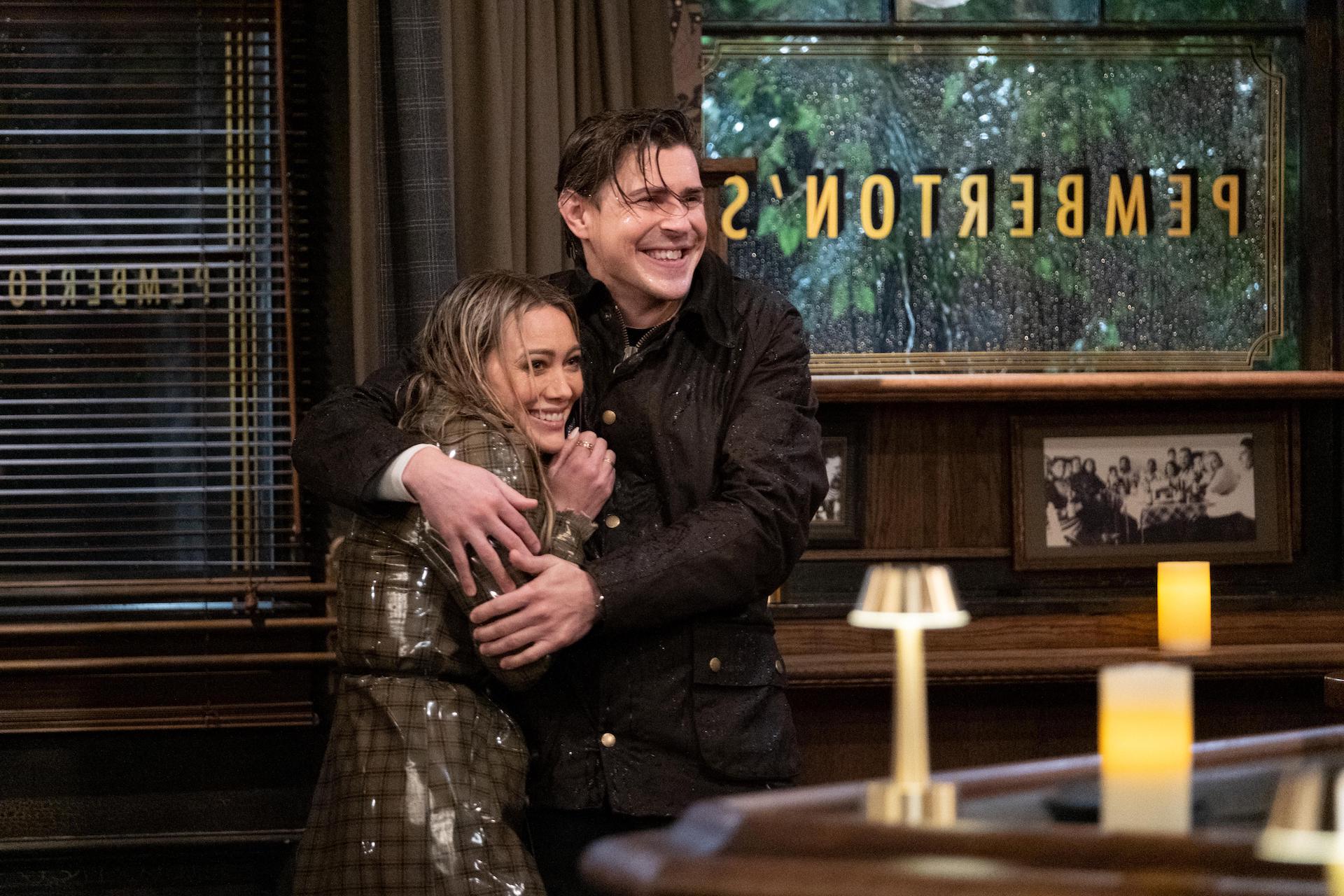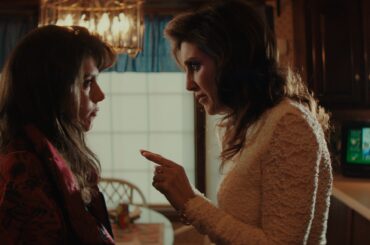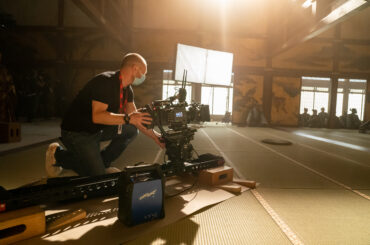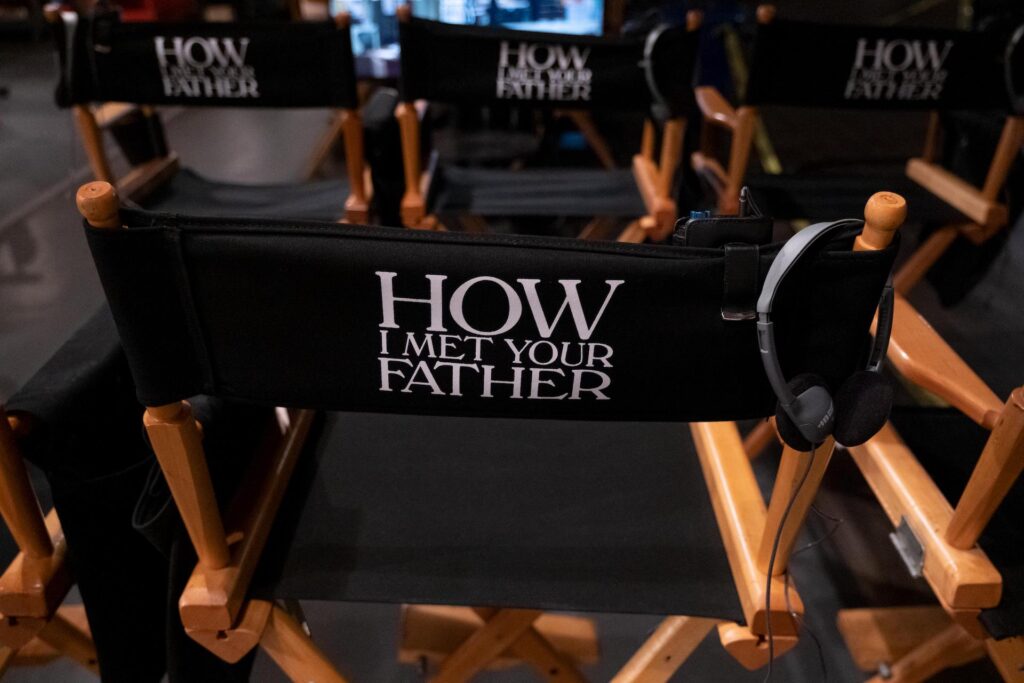
How I Met Your Father finished its 30 episode run last summer. It was a popular streaming show on Hulu. It was a spinoff of the long-running sitcom How I Met Your Mother, which ran on CBS for 9 seasons. Russell Griffin edited most of the last season, as an experienced multi-cam editor his previous credits include Mad About You, Family Reunion, and The Upshaws.
Griffin has been Emmy nominated three times and recently won an ACE Eddie award for this series. He is also a member of The Motion Picture Editors Guild, American Cinema Editors - where he serves on the Bull Ribbon Committee and an active member of the Television Academy where he serves on the Artificial Intelligence Task Force. Recently, he spoke to Immersive about his Emmy-contender, How I Met Your Father, in which he edited 12 out of 20 episodes.
What was it like matching to a very specific style with all the random flashbacks?
A blast, and it hearkens back to, of course, How I Met Your Mother days and everything and so to have that pace and have that narrative move throughout is fantastic, especially in a multi-cam, I’m a multi-cam sitcom editor, so we deal with things that are shot in front of the audience, and it’s usually scene after scene after scene. That’s the way.
But with How I Met Your Mother and How I Met Your Father, the structure of it allows it to play with the narrative a little bit. And so, you’re able to jump both temporarily and in a location very often. So it allows for kind of a richer and a deeper story.
There are seemingly fewer sitcoms now, do you think it’s due for a comeback?
It kind of goes in cycles, too. You see the multi-cam wave come up and you get a lot of Chuck Lorre shows like The Big Bang Theory have their run and then everyone says, “Oh, it’s the death of the sitcom.” And then it goes away, and then all of a sudden it comes back again.
Right now, I know that our industry’s kind of contracting, but there are already talks of a lot of people saying, “Oh, we’re going to do a lot more multi-cam.” It’s a fan-favorite, it’s a staple. It’s something that everybody loves. So, then they gear up and they do more of those. So it is interesting kind of how it comes up and down.
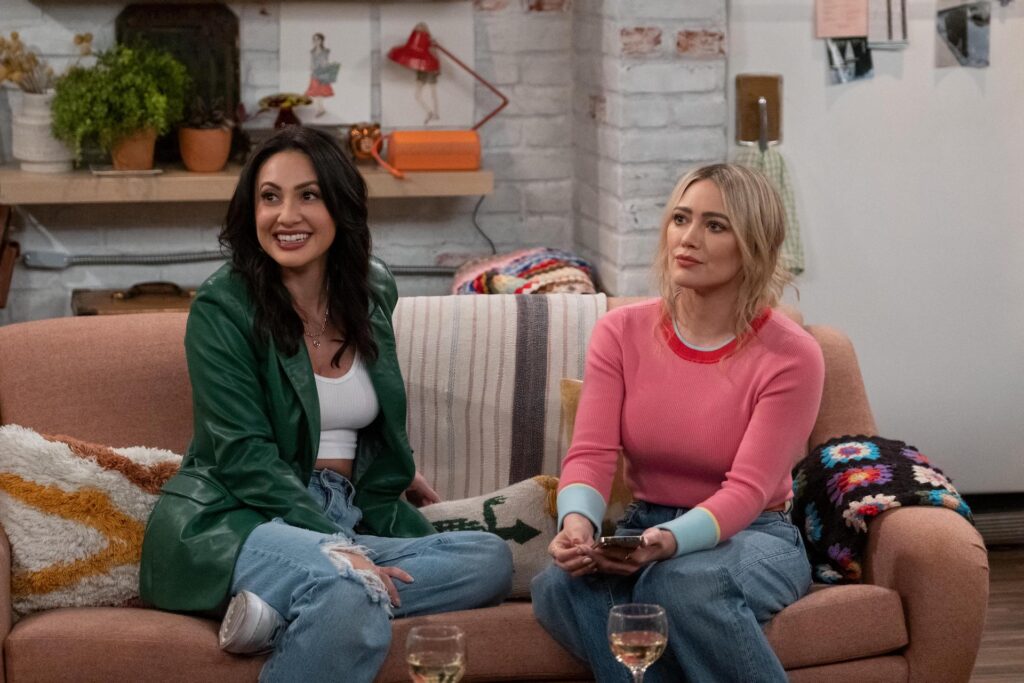
I’ve heard you mention the show was popular and they wanted more, so why did they end it?
It was a casualty of the strikes. It was a fan-favorite, critically acclaimed, and won awards. It was just one of those things where once the strikes started happening, the talent deals started elapsing during the strikes, and to get everybody back, it was going to be kind of exorbitant. And they said, “Okay, well, we’re going to wrap it up and treat this as a season series finale.”
It was nice, but we would love to have gone three or four more seasons. But in this day and age, it was also an expensive show. It was such high-caliber talent. The production values were high. We would go and shoot stuff in the backlot of Paramount, we would bring in a lot of different guest actors from the original show. So it was an expensive show, but it was a shame to see it go because everyone enjoyed it.
Did they record episodes live with an audience? How does that help with cutting?
For most of the series no, but for the series finale we did have an audience in there, and we brought ’em in. And so it was shot in front of a live audience, and I was down on set making sure that we got all the coverage that we needed, making sure there weren’t any issues.
I would vocalize to our fantastic director, Pam Fryman, and make sure that we got everything. And it was cool because it was a chance for the actors to see everything that we were talking about, all season long, about pacing and the feel of a multi-cam and feeling the audience as you’re giving that performance. It was really special.
Some shows just don’t stick around long enough…
Seinfeld historically would’ve been canceled in season one if it not had been for the champions who said, “Give it time, give it time, give it time.” And once you can give something enough time to find its audience, then it can have a lot more success than you originally dreamed.
In general, when it comes to TV shows, I feel like some of this is, that they don’t let them stick around and find an audience. And you get some people in the audience for a particular show, and that’s not their show, and they don’t like it, and they say, “Oh, no, the audience didn’t respond.” Well, maybe it was the wrong audience. Maybe they have to find the audience.
As a member of ACE, what kind of conversations are going on now? this is the most seismic time in modern entertainment history. Industry-wide, everyone is wondering what’s next, right?
Yes, we have these conversations, we just had our annual meeting recently for ACE. There were tons of discussions about where the industry is headed and the fact that we had what was called Peak TV a few years ago, and had almost 400 original shows being produced and it was just unsustainable.
The strikes that happened last year were more of an indicative reaction to the way the industry was. It wasn’t even necessarily that the strikes caused the slowdown. It was the fact that the studios have kind of wrecked their own business to compete with the future of streaming. Now that they have streaming going, the whole industry has done a contraction to realize what is the right number of shows to put out there and still become profitable. There were a ton of people who hadn’t been working for quite a long time, which is just the nature of the fact that there are fewer shows.
There are still hesitant producers who are not producing shows until we get through this summer strike potential. Once IATSE and all the below-the-line people sign their contracts and get a deal, I think we’ll have something close to normalcy. It’ll still be less than what it was years ago, but it’ll be a more consistent kind of even number of predicted shows that we’re going to be able to see on the air and to see films, as well.
From a variety of different perspectives, it’s becoming much more of a global economy. You can produce shows in all different countries. Normally we were the dominant country producing entertainment content, but now some of that content is being produced overseas and then brought universally to the globe by a streamer.
I don’t have numbers to back this up, but I’m just going to guess people are watching more filmed entertainment than any other time on Earth.
It’s a double-edged sword because fewer shows are going on, and you have the people at the top of their game, which is usually the ACE people who are kind of the most in-demand editors, and they’re doing okay right now. It’s the people who are not at that level who are struggling and who are having a hard time saying, is this a viable industry for me?
I worry about the next 10 years because I don’t know who’s going to be coming up after us. And making sure that the pipeline stays with expert craftsmen who create these stories, whether or not they’re going to be in the industry a decade from now.
It seems like there’s more formulaic stuff now and it seems like since they’ve trained humans to rewrite the same stuff they could plausibly train AI to - which is what they are doing…
I’m on the Television Academy’s artificial intelligence task force, and over the last year we’ve been trying to figure out where this threat is coming from and what is the threat as opposed to just thinking it’s a threat. At the Editor’s Guild, we have some fantastic people who are running the new emerging technologies committee, and who have briefed us as the membership on what the outlook is for this technology.
A lot of it is going to affect different people. It’s affecting voice-over artists and people who can use AI to replicate their jobs. And then there’s also training people on it using it as a tool, which helps them out in terms of writing a whole new story. It’s not there yet but you can’t stop it.
It is going to be an inevitable tool that you either learn how to use or someone else will. I think that it’s something that can speed up the processes of things. You can’t replace human creativity, but you can get to a replicant way of showing it. And then, people are going to reject that kind of formulaic things and you’re going to try to get back to originality and a real actor, a real editor, people who are making human choices that people will respond to because it’s something that they enjoy. People don’t want something that’s formulaic, something produced by a computer.
How I Met Your Father is streaming at Hulu.


